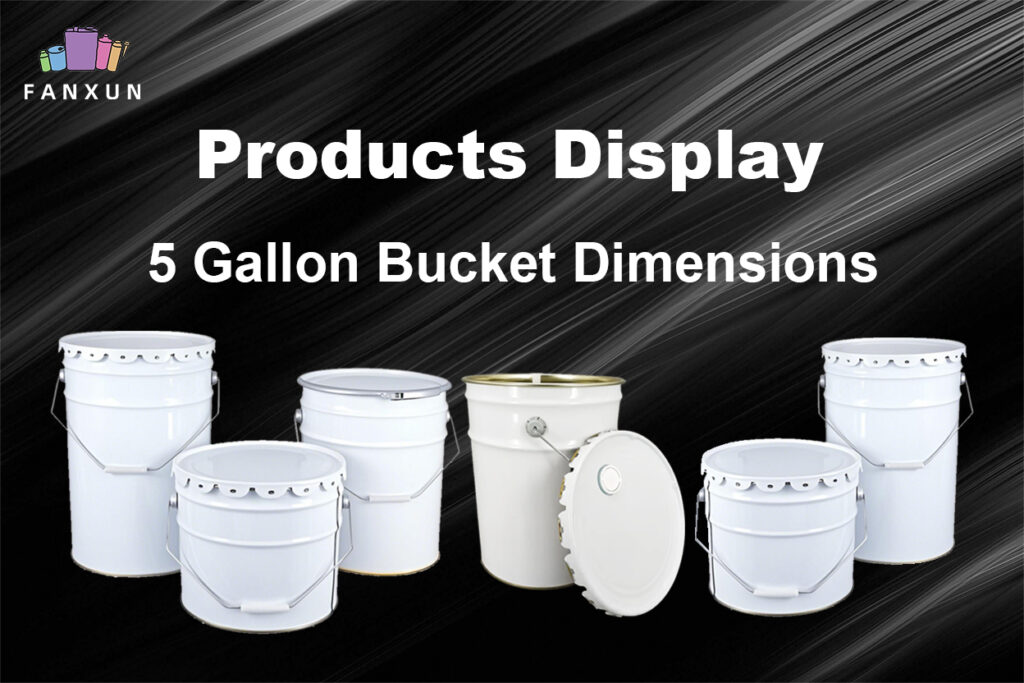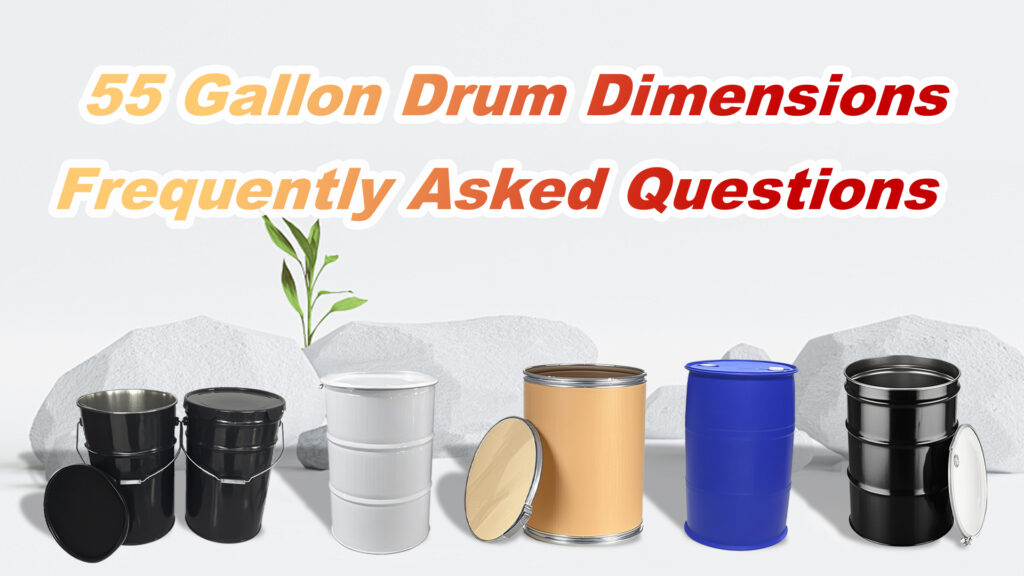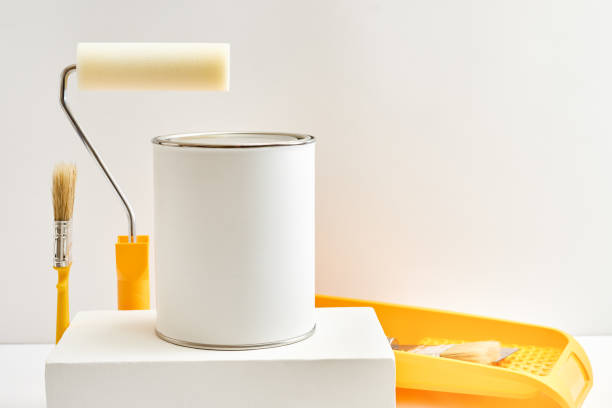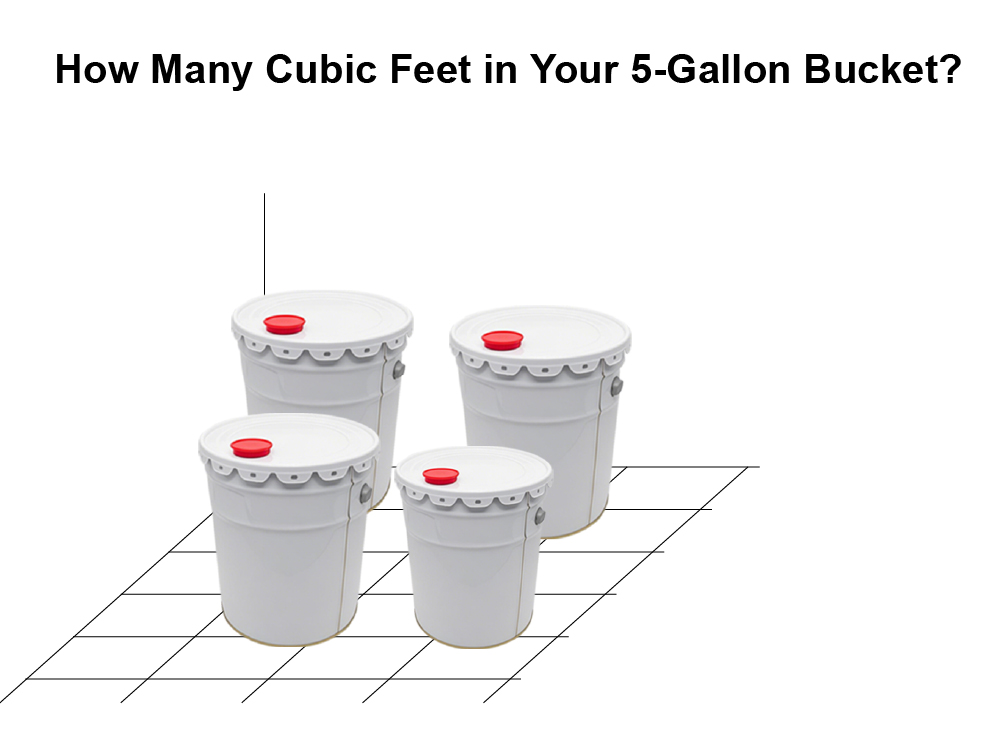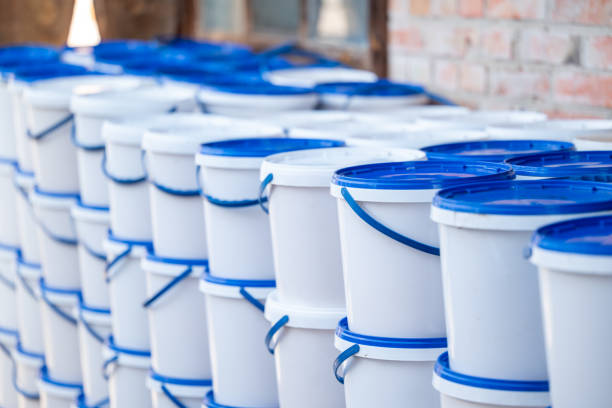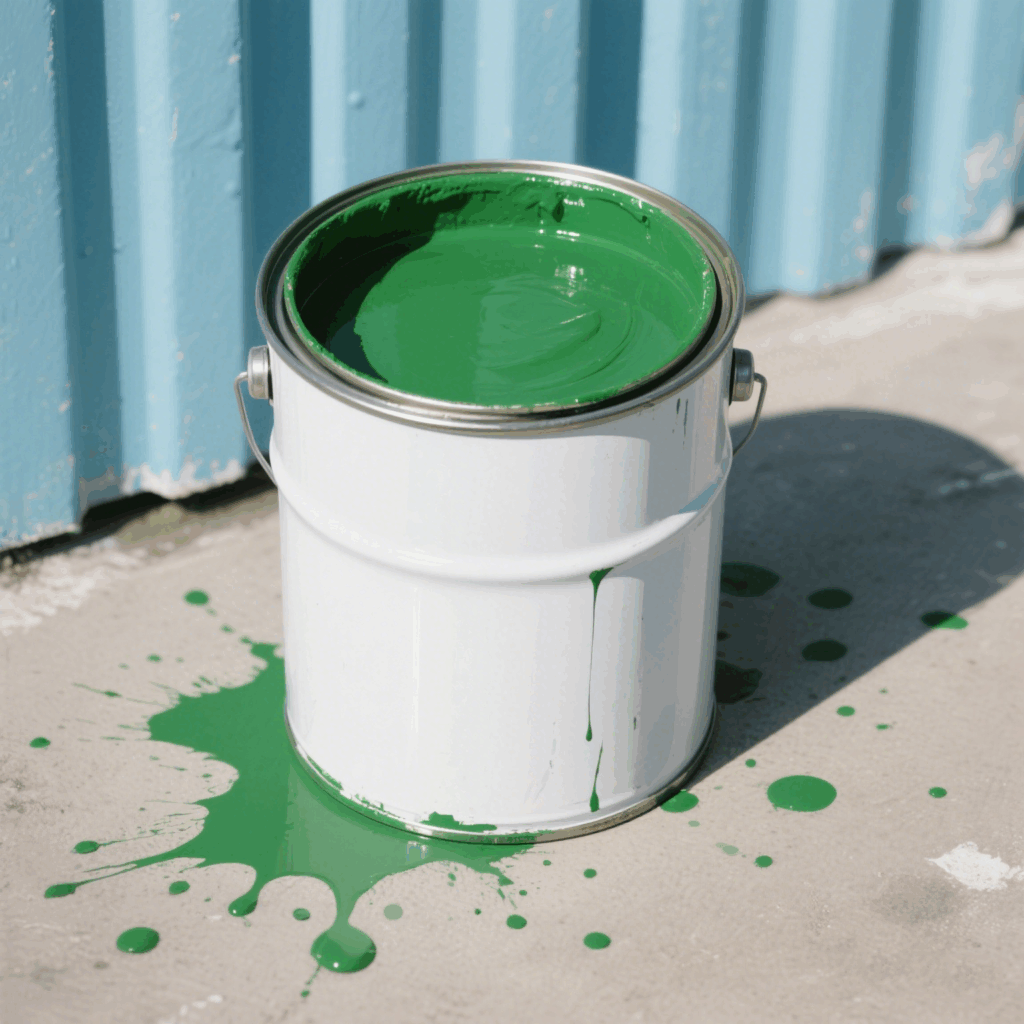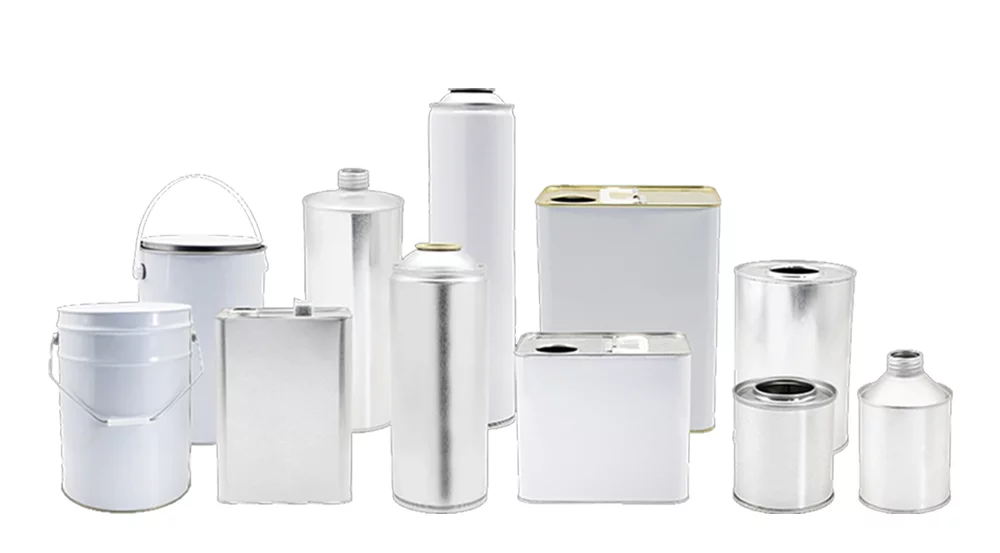If you’ve ever opened your brake fluid reservoir and noticed the level is lower than before, it’s normal to wonder: Did my brake fluid evaporate? As car owners, we often focus on engine oil and coolant but overlook the brake fluid—until the brake pedal feels spongy or a warning light comes on. In this post, I’ll break down whether brake fluid can evaporate, what actually happens to it, and how you should respond. My goal is to give you a clear, practical understanding that helps you keep your braking system in top shape.
Does Brake Fluid Evaporate?
Technically speaking, brake fluid does not evaporate easily under normal conditions. It’s formulated to withstand high temperatures because your brake system generates a lot of heat—especially under heavy braking. Jedoch, brake fluid is hygroscopic, meaning it absorbs moisture from the air. This property is more critical to understanding why fluid levels may drop or change.
So, while brake fluid won’t “evaporate” wie Wasser, it can degrade and behave differently due to moisture contamination.
What Happens to Brake Fluid Over Time?
Here’s what typically happens:
| Process | Impact on Brake Fluid |
|---|---|
| Moisture absorption (hygroscopic) | Lowers boiling point, can cause brake fade and corrosion |
| Heat cycling from braking | Causes fluid to break down slowly |
| Leaks in brake system | Leads to visible or gradual loss of fluid |
| Cap or reservoir not sealed | Allows air and moisture in; can appear as if it “evaporated” |
If you’re seeing a fluid level drop without any visible leaks, it might be due to moisture intrusion, especially if the cap or reservoir seal isn’t tight.
Can Brake Fluid “Disappear”?
Ja, but not in the way you think.
When fluid levels go down, most people assume:
-
It’s evaporating.
-
It’s being used up.
-
Something is wrong.
Here’s the truth:
-
Brake fluid is not consumed like engine oil.
-
It doesn’t “disappear” due to use.
-
If it’s low, it’s either due to a leak, worn brake pads (causing fluid to displace), or moisture absorption.
In rare cases, if your master cylinder is faulty or there’s a tiny crack in the lines, the fluid may leak slowly—without obvious signs on the ground.
Signs Your Brake Fluid Needs Attention
From my experience as a daily driver, these are the warning signs I’ve noticed when brake fluid becomes compromised:
-
Spongy or soft brake pedal
-
Brake warning light
-
Fluid looks dark or cloudy
-
Brake performance feels weaker
-
Strange smell after hard braking
How to Prevent Brake Fluid Issues
Here’s what you should do to keep your brake fluid from becoming a problem:
-
Check the fluid level every 2–3 months.
-
Make sure the reservoir cap is tightly sealed.
-
Change brake fluid every 2 Jahre (or as recommended by your car’s manual).
-
Watch for brake pad wear – as pads wear, the caliper piston moves out and more fluid stays in the caliper, lowering reservoir level.
-
Use only the recommended DOT type fluid (PUNKT 3, PUNKT 4, or DOT 5.1, depending on your vehicle).
What If the Fluid Level Drops Without a Leak?
This is where I had the same concern you might have now.
If there’s no visible leak but the fluid level is lower:
-
Check brake pad thickness.
-
Inspect for moisture contamination.
-
Ensure the cap is sealed tightly and the rubber diaphragm isn’t damaged.
Manchmal, changes in temperature can also cause minor expansion and contraction of fluid that affects the level slightly.
Table: Brake Fluid Behavior Compared to Other Fluids
| Fluid Type | Evaporation Risk | Absorbs Moisture? | Common Causes of Loss |
|---|---|---|---|
| Bremsflüssigkeit | Low | Ja (hygroscopic) | Leaks, pad wear, air ingress |
| Engine Oil | Low | NEIN | Burning, leakage |
| Coolant | Medium | NEIN | Evaporation, leaks, overheating |
| Transmission Fluid | Very Low | NEIN | Leaks, overheating |
Final Thoughts from a Car Owner
Brake fluid may not literally “evaporate,” but its hygroscopic nature makes it vulnerable to environmental moisture. Im Laufe der Zeit, this can lead to brake fade, corrosion, or fluid level changes that confuse even experienced drivers. I’ve learned to treat brake fluid like any other critical fluid: check it regularly, keep it sealed, and don’t ignore small changes.
FAQs About Brake Fluid Evaporation
Q: Can heat make brake fluid evaporate?
A: Not in the way water does. Brake fluid is designed to resist high temperatures. Jedoch, it can degrade or boil under extreme heat if contaminated with moisture.
Q: Why is my brake fluid level low if there’s no leak?
A: This can be due to worn brake pads or fluid being displaced into the caliper. Moisture absorption or poor sealing may also play a role.
Q: How often should I change brake fluid?
A: Typically every 2 Jahre, or per your manufacturer’s maintenance schedule.
Q: Can brake fluid go bad in an unopened container?
A: Ja, especially if it’s not stored in a cool, Trockener Ort. Always check the expiration date and seal integrity.
Q: Is it okay to top off brake fluid myself?
A: Ja, but make sure you use the correct type and do not overfill. Also, avoid letting dirt or moisture enter the reservoir.
If you’re noticing strange behavior in your brakes or fluid levels, don’t ignore it. A little maintenance now can prevent costly repairs and keep you safe on the road.















